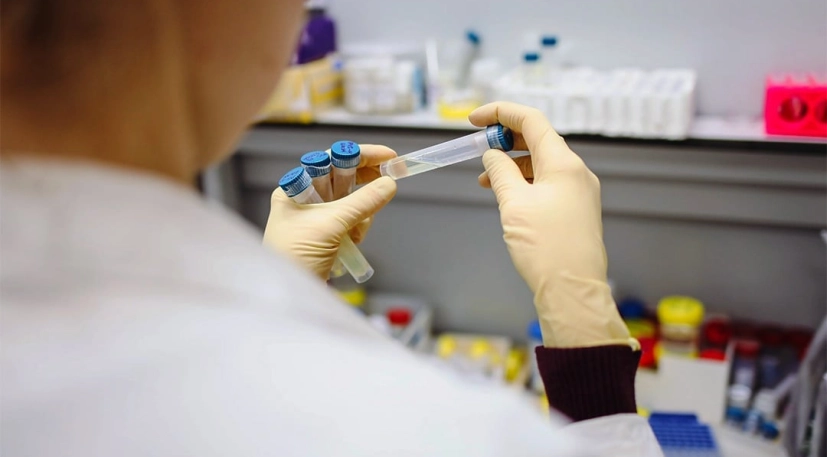
Your DNA: Microbiome & Lactobacillus

Lactobacillus:
Lactobacillus, belonging to the Lactic Acid Bacteria (LAB) group, are rod-shaped microorganisms that produce lactic acid through sugar fermentation. This strain is a major constituent of the human microbiome, located primarily in the digestive, urinary, and genital systems. Due to their anaerobic nature, lactobacilli are adaptable and can survive in both oxygen-rich and oxygen-poor environments, which allows them to grow in different parts of the human body.
In the oral cavity, lactobacilli contribute to dental health issues. As a matter of fact, through fermentation of dietary sugars, they produce lactic acid, which lowers the pH and creates acidic conditions that can lead to enamel erosion and cavities. This acid production is an indicator of dental cavities risk, especially in high-sugar diets. Meanwhile, in the gastrointestinal tract, Lactobacillus play a beneficial role by improving gut health. These bacteria help digest lactose, strengthen the immune system, inhibit the growth of harmful bacteria, and promote a balanced intestinal flora.
The presence of Lactobacillus in one's digestive tract is important for maintaining intestinal health and overall well-being. They are key to preventing gastrointestinal disorders such as diarrhea and irritable bowel syndrome, and their absence or imbalance can lead to dysbiosis, a disrupted microbiome that has been associated with several health problems. Whereas in the mouth, managing their levels is key to preventing excessive acidity and preserving dental health, highlighting the dual impact of Lactobacillus on human health.
Other Journal: DNA
VIEW MORE


